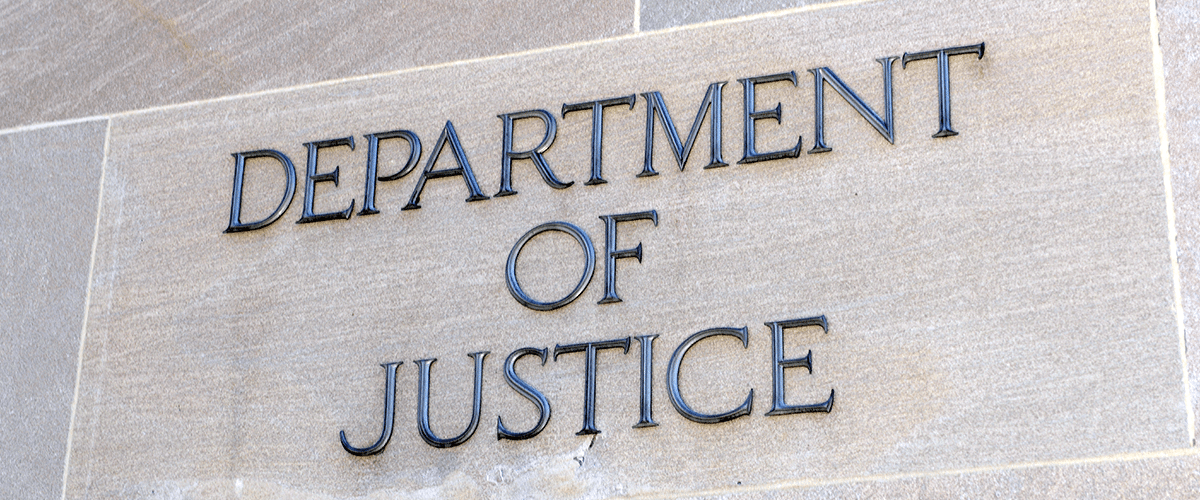[vc_row][vc_column][vc_column_text]
The Department of Justice has blocked the Drug Enforcement Administration from acting on more than two dozen applications to produce research-grade marijuana.
The United States Department of Justice (DOJ) is forcing the Drug Enforcement Administration (DEA) to not act on its promise to issue more federal permits for growing research-grade cannabis. Last year, the DEA opened the availability for marijuana growing licenses in an effort to fuel cannabis research. Dozens of interested growers have submitted applications, but none have been approved.
According to a recent report from The Washington Post, the DOJ under Attorney General Jeff Sessions has “effectively blocked the Drug Enforcement Administration from taking action on more than two dozen requests to grow marijuana to use research.”
“They’re sitting on it,” one law enforcement official told The Washington Post. “They just will not act on these things.”
The DEA’s attempt to license more growers was intended to reduce the delays for cannabis researchers, who as of now are limited to obtaining research-grade marijuana material from one single source. For nearly 50 years, the University of Mississippi has had a contract with the National Institute on Drug Abuse and has been the only federally authorized supplier of marijuana for research. The DEA announced earlier this month that it would be reducing the amount of marijuana it produces for research.
Despite the DEA’s refusal to reschedule cannabis under the Controlled Substances Act last year, its willingness to accept growing applications suggested it had shifted its attitude toward investigations into the substance. In a letter to the governors of Rhode Island and Washington state, acting DEA Administrator Chuck Rosenberg said that the DEA would “fully support and promote legitimate research regarding marijuana and its constituents parts.”
Among those supportive efforts by the DEA involved issuing more federal permits. Since the announcement, the agency has received 25 applications for growing permits. However, as part of the approval process, the DEA needs to have the sign-off by the DOJ. So far, that hasn’t happened.
“I’ve filled out the forms, but I haven’t heard back from them. I assume they don’t want to answer,” said Lyle Craker, a professor at the University of Massachusetts at Amherst seeking permission to grow and distribute cannabis for research. “They need to think about why they are holding this up when there are products that could be used to improve people’s health.”
Sessions, the head of the DOJ, has long spoken harshly about cannabis, leaving no doubts as to where he stands. He’s accused the loosening of cannabis laws as contributing to a spike in violent crime, despite research indicating the opposite. In May, he asked Congress to eliminate federal protections that prevent the DOJ from using federal funds to crack down on medical marijuana states.
The Washington Post report suggests that Sessions is deliberately creating the roadblock in growing applications to frustrate researchers and physicians interested in learning more about the substance and its potential benefits.
Rescheduling cannabis under the Controlled Substances Act would remove the research regulations that have hindered findings. This summer, New Jersey Senator Cory Booker introduced federal legislation to remove marijuana from the federal Controlled Substances Act and from the purview of the DEA.
Despite the current regulatory restrictions inhibiting research, thousands of studies have investigated cannabinoids and their potential. You can learn about their findings by visiting our education page.[/vc_column_text][/vc_column][/vc_row]






